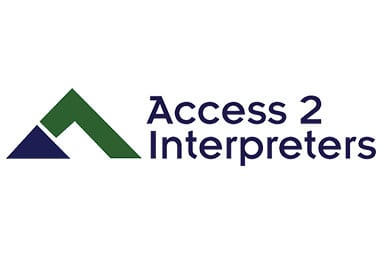
English Only Special Education Complaint in Columbus
- Posted on
- access2interpreters
Non-English speaking parents of special-needs students in six central Ohio school districts are outraged that important information relating to the care of their children isn’t being translated. On the 27th January 2015, a federal complaint was filed to take action against the discrimination in the hope that proper translation and interpreters are provided in the future.
According to The Columbus Disptatch, The report was filed on the behalf of 21 families who feel as if they are being shown prejudice by not fully understanding the English language. Their desired outcome is for the districts to recognize what families require translators and to educate the school staff on the requirements to provide language assistance.
The districts accused are Groveport Madison, Dublin, Columbus, South-Western, Toledo, Whitehall and Westerville. Leading the charge is Disability Rights Ohio, an organization that campaigns for people with disabilities in Ohio and another Toledo-based group dedicated to upholding basic legal equality for all.
By Federal law, all public school districts must provide parents with the vital information on their children’s requirements in a language they comprehend. While many of the documents the families receive are translated, the issues arise around not-standard documents that aren’t readily available. Meeting notices, students’ progress reports and individualized education plans are all usually released in English only. Reaching out to the Department of Education could resolve the matter, however, not being able to properly communicate their problem could still hinder a satisfactory outcome.
Representatives from the schools of the accused districts were not familiar with the case and couldn’t provide any insight. In spite of this, they were quick to state that their districts do provide translation and interpretation services regularly. Interpreters are used at a parents request or when the teacher is aware of language difficulties.
However, parents say that interpreters aren’t always present at special-education meetings and when they are in attendance, the translation is poor and parents are often left confused and misinformed.
The problem has been ongoing since 2011 when parents approached the superintendent at a Toledo school district directly to try and resolve the issues within the school system. Being no further forward four years later, the affected families have now instigated legal proceedings.

